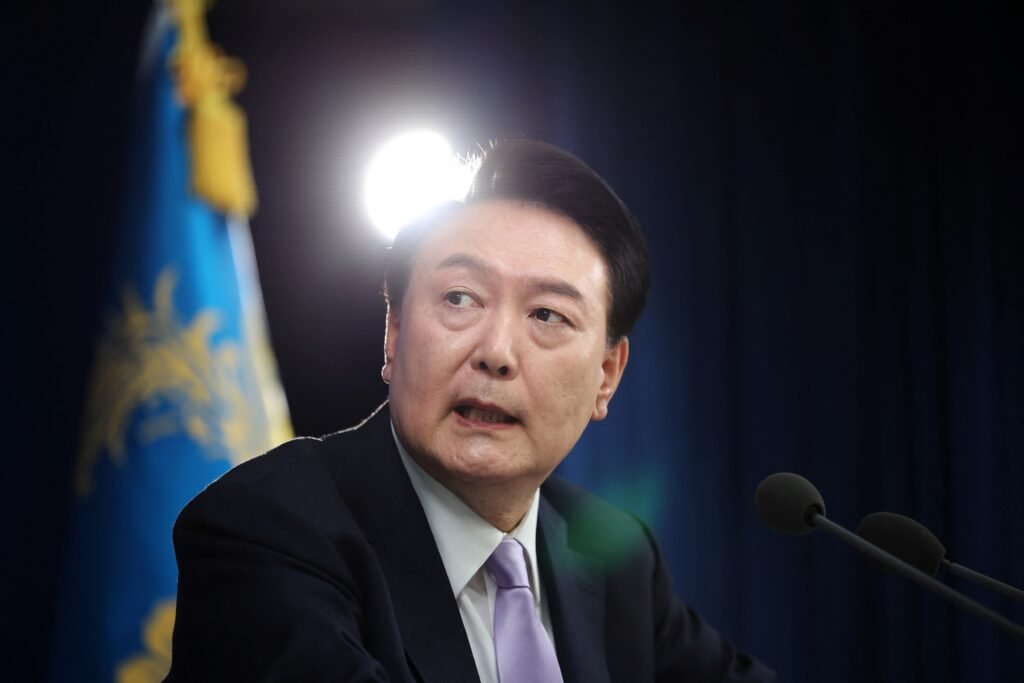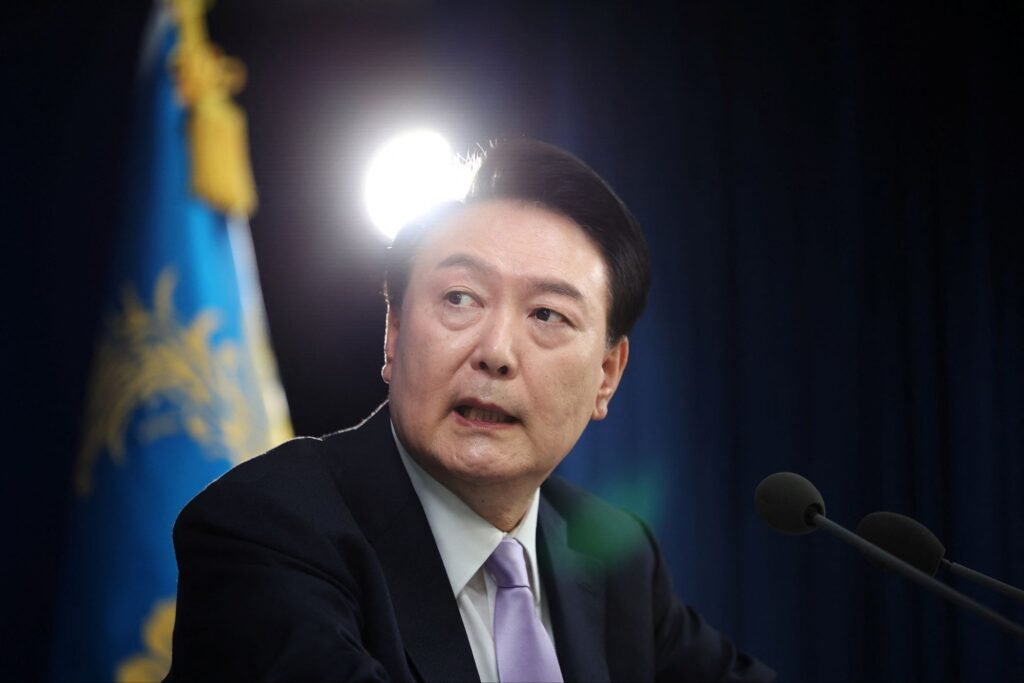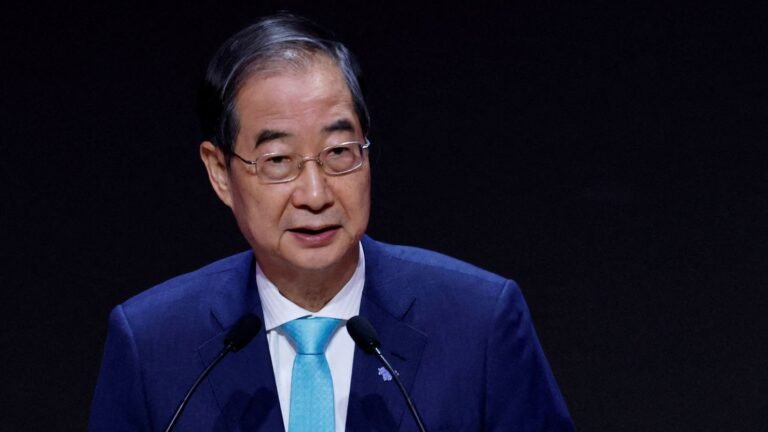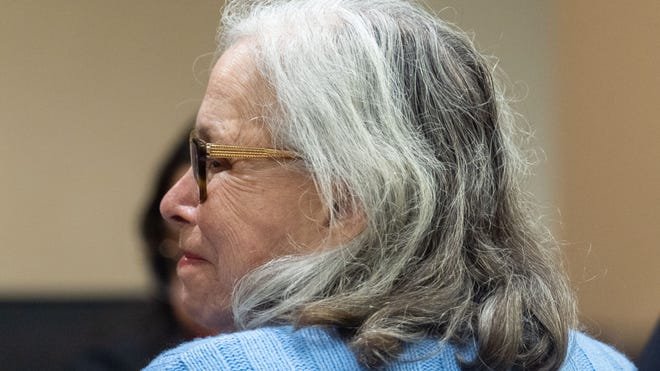
By The General Justice Lawyer, Seoul — June 7, 2025
In an extraordinary confrontation that underscores South Korea’s deepening constitutional crisis, authorities on Friday failed to arrest impeached President Yoon Suk Yeol, retreating after a tense five-hour standoff at the presidential residence in Seoul.
Investigators and police officers began entering Yoon’s official residence around 8:00 a.m. local time, attempting to execute a court-issued arrest warrant related to Yoon’s controversial attempt to invoke martial law last year.

The warrant follows Yoon’s impeachment on charges of rebellion and abuse of power after he sought to deploy military force amid mounting political opposition.
But by 1:30 p.m., law enforcement personnel were seen leaving the compound, unable to detain the former prosecutor-turned-president.
According to multiple local reports, they faced resistance from members of Yoon’s presidential security detail, many of whom remain loyal to him despite his formal removal from power.
The attempted arrest marks the first time in South Korean history that a sitting or impeached president has faced a direct standoff with arresting authorities inside a state residence.
Legal experts have described the situation as both unprecedented and constitutionally precarious.
“This isn’t just about one man,” said Lee Ji-won, a constitutional law professor at Seoul National University. “This is about whether the military and police follow the rule of law or a fallen president’s personal command.”
The arrest warrant stems from Yoon’s failed attempt on December 3, 2024, to declare martial law following escalating tensions with the National Assembly, which he accused of “subversive cooperation with the North.”
The order was issued unilaterally and without cabinet approval, triggering mass protests and a swift impeachment vote eleven days later.
Yoon, 64, has remained inside the Blue House compound since his ouster, shielded by presidential guards who have not yet been reassigned by the transitional government.
The suspension of the arrest operation is a blow to the interim administration and incoming president-elect Lee Jae-myung, who won the emergency snap election on promises to restore democratic order and civilian control over the armed forces.
The Ministry of Justice has not confirmed whether a second arrest attempt will be made, though insiders suggest negotiations may now begin behind closed doors.
Meanwhile, Yoon’s supporters have begun rallying online and near government buildings, framing the standoff as a political coup against a conservative patriot.
Yoon faces charges under Article 87 of the Criminal Act for attempted rebellion, which carries a minimum sentence of five years and, in severe cases, life imprisonment. However, the path forward is murky. While impeachment removed him from office, Yoon’s refusal to surrender raises difficult legal questions about enforcement power, security jurisdiction, and potential use of force.
“This is a legal gray zone,” said human rights lawyer Kang Mi-yeon. “If the government escalates, it risks turning him into a martyr. If it backs down, it undermines the rule of law.”
The standoff’s failure marks a dangerous moment in South Korea’s democratic journey testing the limits of its constitutional order, civil-military relations, and national unity in a time of unprecedented political crisis.
Author

Latest entries
 Donna Adelson Trial2025-09-05Donna Adelson Found Guilty on All Counts in Dan Markel Murder Case
Donna Adelson Trial2025-09-05Donna Adelson Found Guilty on All Counts in Dan Markel Murder Case True Crime2025-09-03Epstein Files: Survivors Break Silence on Capitol Hill
True Crime2025-09-03Epstein Files: Survivors Break Silence on Capitol Hill US2025-09-03Cardi B Assault Trial Verdict — She’s Not The Drama
US2025-09-03Cardi B Assault Trial Verdict — She’s Not The Drama US2025-08-30Jim Crow Era — Louisiana’s Split Juries Problem and the Limits of Retroactivity
US2025-08-30Jim Crow Era — Louisiana’s Split Juries Problem and the Limits of Retroactivity






